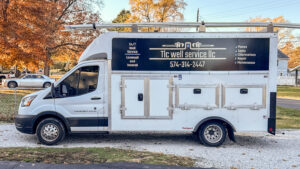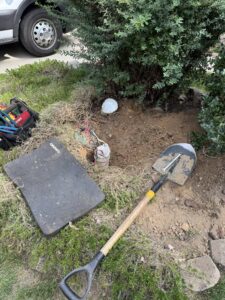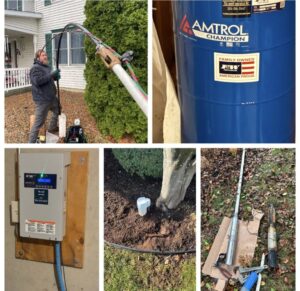When it comes to drawing clean, reliable water from your private well, your pump is the heart of the operation. Choosing between submersible pumps and jet pumps isn’t just about preference—it’s about performance, longevity, and how well your system meets your daily needs. If you’re unsure which one fits your home best, let’s break it down and make your decision simple.
How Each Pump Works
Submersible pumps and jet pumps do the same job in very different ways. A submersible pump is installed deep inside the well, completely submerged in water. It pushes water up from within the well and into your pressure tank. Because it operates underwater, it tends to be quieter and more efficient. Jet pumps, on the other hand, sit above ground and use suction to pull water from the well. This creates more noise and requires more energy to do the same job, especially at greater depths.
Shallow vs. Deep Wells
One of the biggest factors in your decision is the depth of your well. Jet pumps are ideal for shallow wells, typically up to 25 feet deep. If your well is within this range, a jet pump might be a perfectly acceptable and cost-effective option. But if your well runs deeper than that, you’ll need the muscle of a submersible pump. These pumps are built to handle wells that go hundreds of feet deep, and they don’t lose efficiency with depth as jet pumps can.
Performance and Water Pressure
If you like strong showers, fast-filling tubs, and reliable irrigation, performance matters. Submersible pumps generally deliver higher water pressure and faster flow rates, making them better suited for homes with higher water demands. Jet pumps may be more limited in output, especially as you ask more of them. If you live in a larger home or use a lot of water throughout the day, a submersible pump gives you a performance edge you’ll notice every time you turn on the tap.
Durability and Maintenance
Submersible pumps, while harder to access once installed, typically last longer and require less maintenance. Because they operate underwater, they’re cooled naturally and protected from the elements. Jet pumps are easier to access and repair since they’re above ground, but they may require more frequent servicing and are more vulnerable to wear and tear. At TLC Well Service, we help homeowners weigh these pros and cons daily so you’re never left with surprises down the road.
Energy Efficiency and Cost
Upfront, jet pumps are less expensive and easier to install. That sounds like a win—until you get the utility bill. Submersible pumps are significantly more energy-efficient over time. They don’t have to work as hard to move water, especially from deeper wells, which translates to savings month after month. When you look at the lifetime cost of ownership, submersibles often pay for themselves through lower energy usage and fewer repairs.
Making the right call: submersible or jet pumps?
So which one is right for you? If you’ve got a shallow well, limited water demand, and easy access, a jet pump might be all you need. But if you want power, efficiency, and long-term reliability—especially for deeper wells—a submersible pump is the way to go.
Not sure which one is the best fit? TLC Well Service has the experience and know-how to evaluate your system and guide you to the perfect solution. Reach out to our team today, and we’ll make sure your well pump delivers exactly what your home needs, nothing less.
Have more questions?
At TLC Well Service LLC, we provide fast, reliable service to get your well back up and running. Contact us today if you have any questions!




